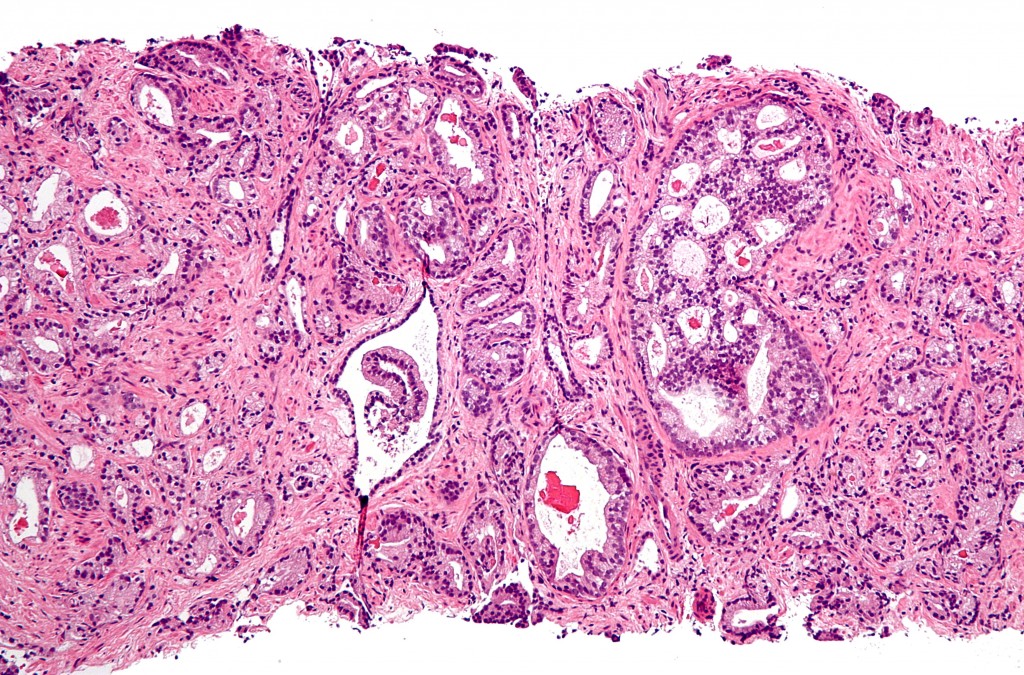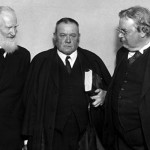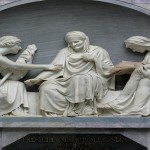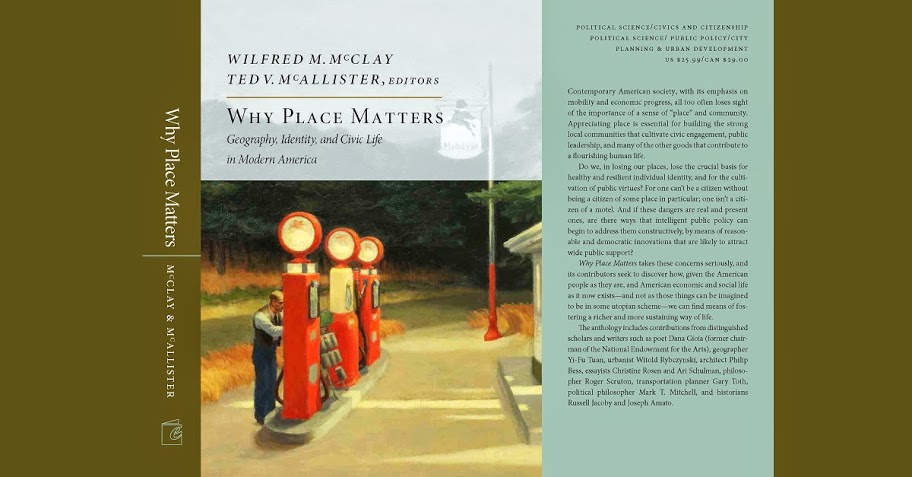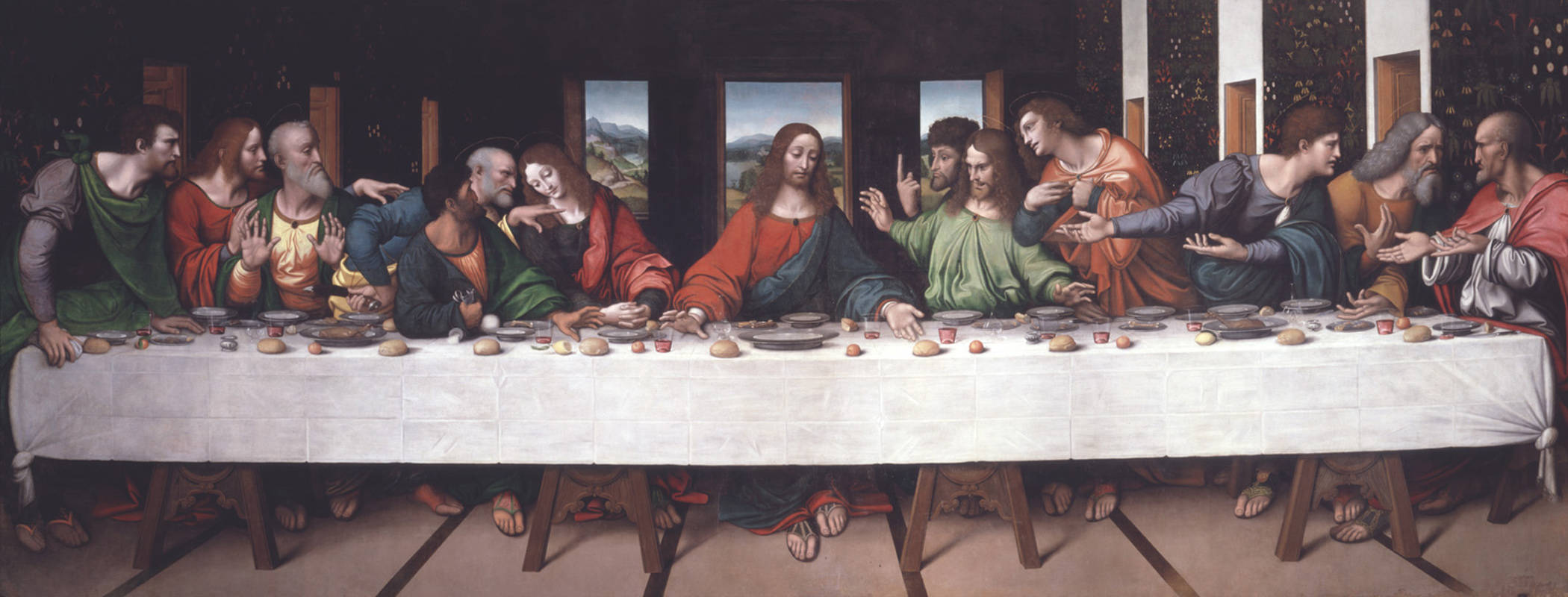In trying to explain how God is worthy of praise in the midst of suffering and evil, one does not usually bring up genetic diseases. But somehow Jimmy Lin, founder of the Rare Genomics Institute and medical professor at Washington University at St. Louis, managed to open and close a recent talk about science, faith, and genetic diseases with Psalm 8, declaring, “O Lord, our Lord, how majestic is your name in all the earth!”
Lin likes to call himself a “scientific doxologist,” someone who sees science as a springboard for worship. During last night’s forum co-hosted by the Trinity Forum and Church of the Advent in DC, he spent a good chunk of time explaining the how diseases work. Take cancer. Because cancerous clump of cells cannot expand by themselves, they trick blood vessels to migrate towards them in order to gain access to the nutrients needed for growth. This is a terrible thing, he acknowledged, but then he proceeded to express wonder at just how brilliant this maneuver was.
Lin is no cold-blooded, detached scientist. He founded the Rare Genomics Institute, an entrepreneurial nonprofit that aids families afflicted with rare genetic diseases. He created RGI after a transformative experience he had as a medical student. He encountered an Indian American mother emotionally wrecked by a hospital’s inability to treat her son’s extremely rare genetic disease.
So his wonder at the evil power of cancer doesn’t come from a heartless character, but something else. He is able to wonder because his knowledge of science, which unearths the complex inner-workings of our bodies, generates awe at the divine handiwork in us. Even when tumors arise, he recognizes that they are ultimately parasites on what is good, hijacking the processes that give life and bending them towards destructive ends.
This parasitic understanding of evil, as something that twists what is good but remains dependent on it, is not a scientific invention, but an old idea that can be traced to the fourth-century theologian Augustine. If Lin has a high view of cancer because he has a high view of our God-created bodies, it is not too much of a stretch to add that we ought to have a high view of sin that stems from our high view of the good. For those who bemoan the loss of morals with each successive generation, perhaps the task at hand, then, is not to make sin look darker, but to illuminate the background of good against which sin is preformed. All sin is, in a sense, a grasping for the good, and always points to the good things that make sin possible.
In the Q&A session, I thought of asking Lin how he is able to see God in the midst of all the broken genomes that he researches. After all, genetic diseases are often pulled out as a trump card in theodicy debates, and if anyone has grappled with this question, it would be a scientist like Lin who helps those suffering from those diseases. But when I saw the worshipful joy on his face after he ended with the last line of Psalm 8, declaring once again, “O Lord, our Lord, how majestic is your name in all the earth,” I knew that I had my answer.

